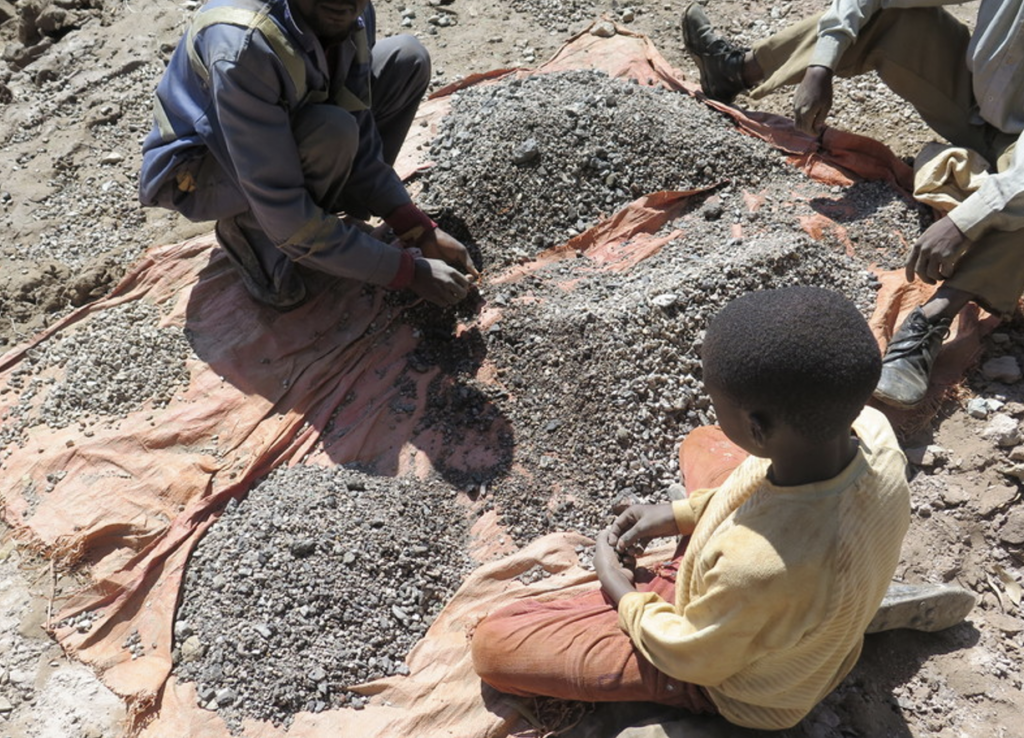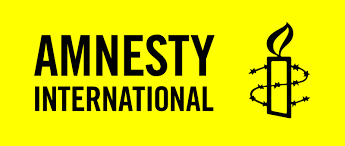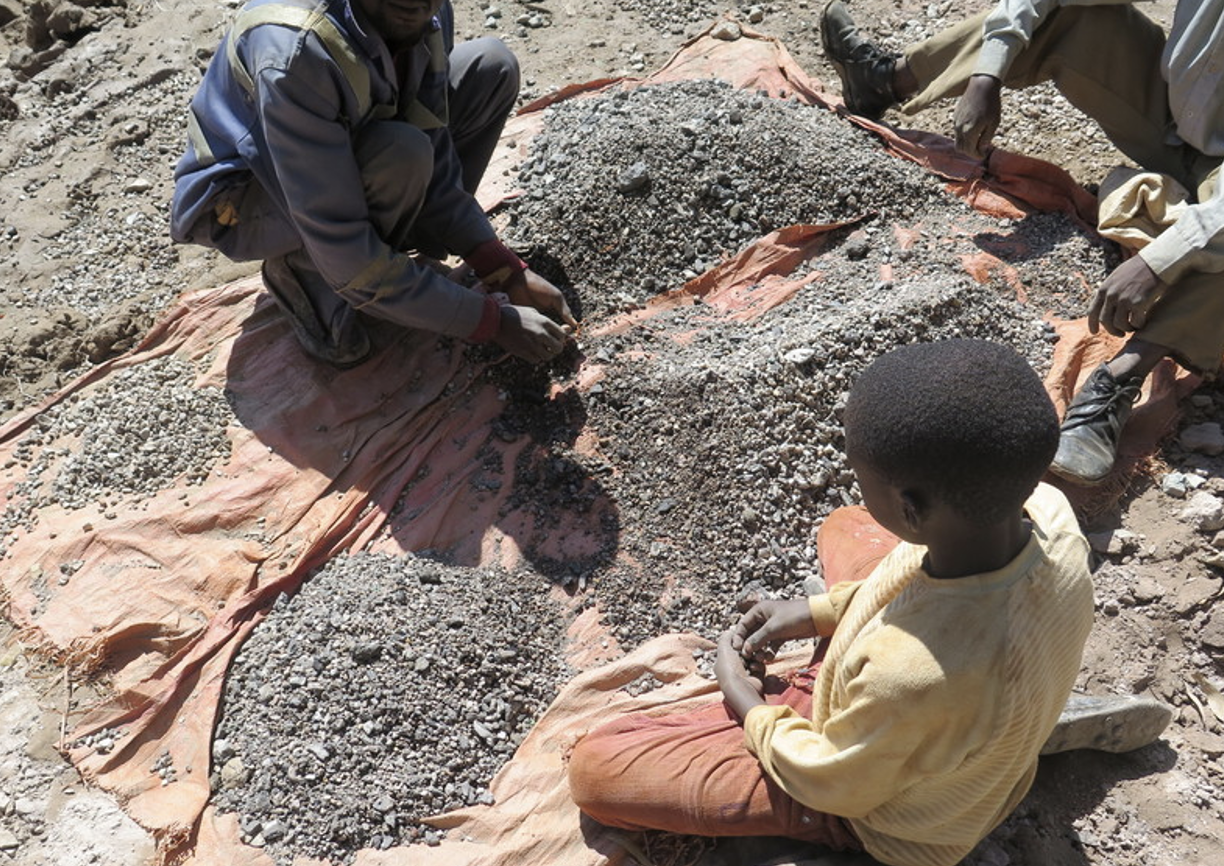Cobalt Mining in the Democratic Republic of Congo
AUTHOR: Thirsa Rzepka
The expansion of industrial cobalt and copper mines in the Democratic Republic of Congo (DCR) has led to the forced evictions of communities and serious human rights violations such as sexual violence arson and abuses. According to the recent report ‘Powering Change or Business as Usual’ from Amnesty International and DRC-based organisation Initiative pour la Bonne Gouvernance et les Droits Humains (IBGDH). The report describes how multinationals’ drive to expand mining operations has driven communities out of their homes and off their land.
The growing demand for so-called clean energy technologies has created greater demand for certain metals, such as copper and cobalt, which are essential for the production of most lithium-ion batteries. These batteries are used in many devices, including electric cars and cell phones. The DRC has the largest cobalt reserves in the world, and ranks seventh when it comes to copper reserves. To illustrate, the average battery of an electric car needs more than 13kg of cobalt, a cell phone about 7g. Demand for cobalt will reach 222.000 tons by 2025 – tripling from 2010.
For the report, Amnesty International and IBGDH interviewed more than 130 people at six different mining projects in and around the town of Kolwezi, in the southern province of Lualaba, during two visits in 2022. Researchers also viewed documents and letters, photos, videos, satellite images and company responses.
Candy Ofime and Jean-Mobert Senga, Amnesty International researchers and co-authors of the report, state that they repeatedly saw that legal protections as stated in international human rights law, and national law, were not guaranteed. They also noted disregard for the UN Guiding Principles on Business and Human Rights. Furthermore, Donat Kambola, the director of IBGDH, states that people were forcibly evicted from their homes, or threatened or intimidated to leave. Often there was no compensation or access to legal counsel.
The authorities have carried out or participated in forced evictions and failed to protect people’s rights. Those rights include those listed in the International Covenant on Economic, Social and Cultural Rights and the UN Guiding Principles on Business and Human Rights. The military should never be involved in forced evictions. Furthermore, the companies’ claims that they adhere to high ethical standards turned out to be based on nothing. They have a responsibility to investigate violations, provide compensation, and prevent further violations. All companies must ensure that their business activities do not harm local communities.
The report calls on DRC authorities to immediately end forced evictions, establish an independent commission of inquiry, and strengthen national mining and eviction laws in line with international human rights standards. Agnès Callamard, Amnesty International’s Secretary General, notes that Amnesty International recognizes the vital function of rechargeable batteries in the energy transition from fossil fuels. However, climate justice demands a just transition. Decarbonizing the global economy must not lead to further human rights violations.

Source (picture)
https://www.amnesty.org/en/latest/news/2016/01/video-this-is-what-we-die-for/
Sources (text)
https://www.amnesty.nl/actueel/drc-schendingen-rechten-door-mijnen-oplaadbare-batterijen

